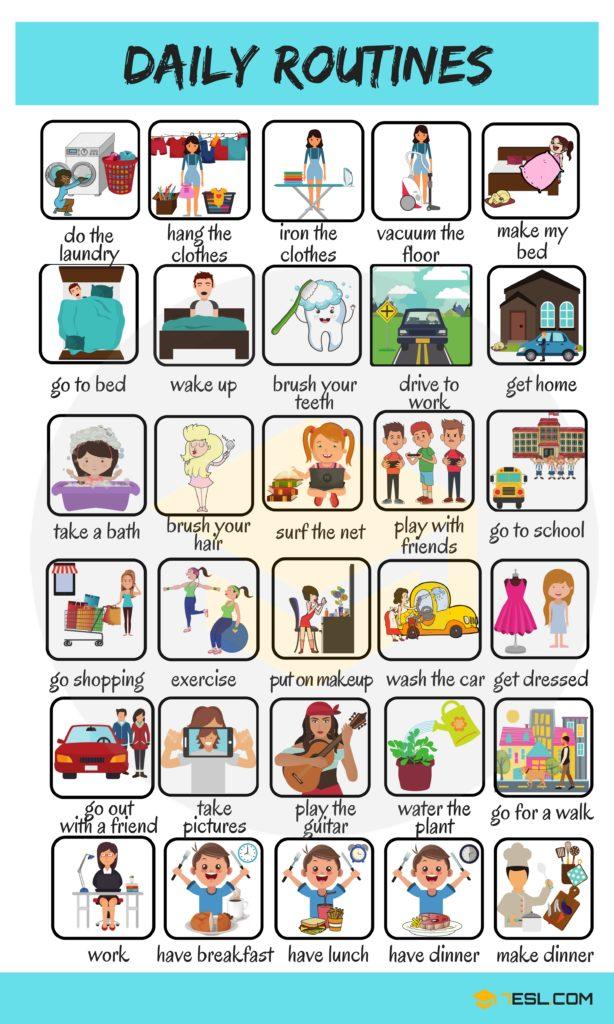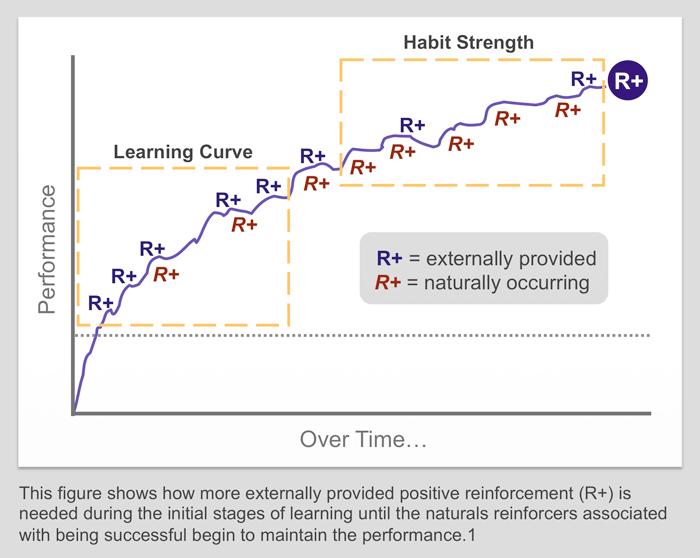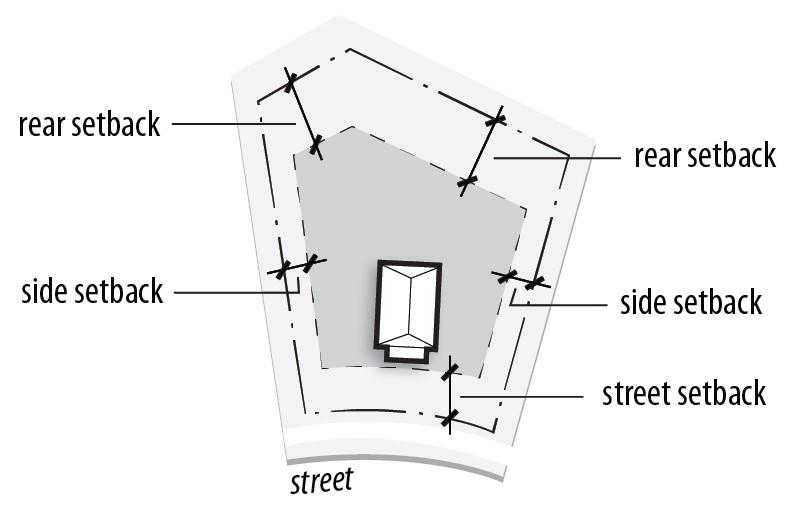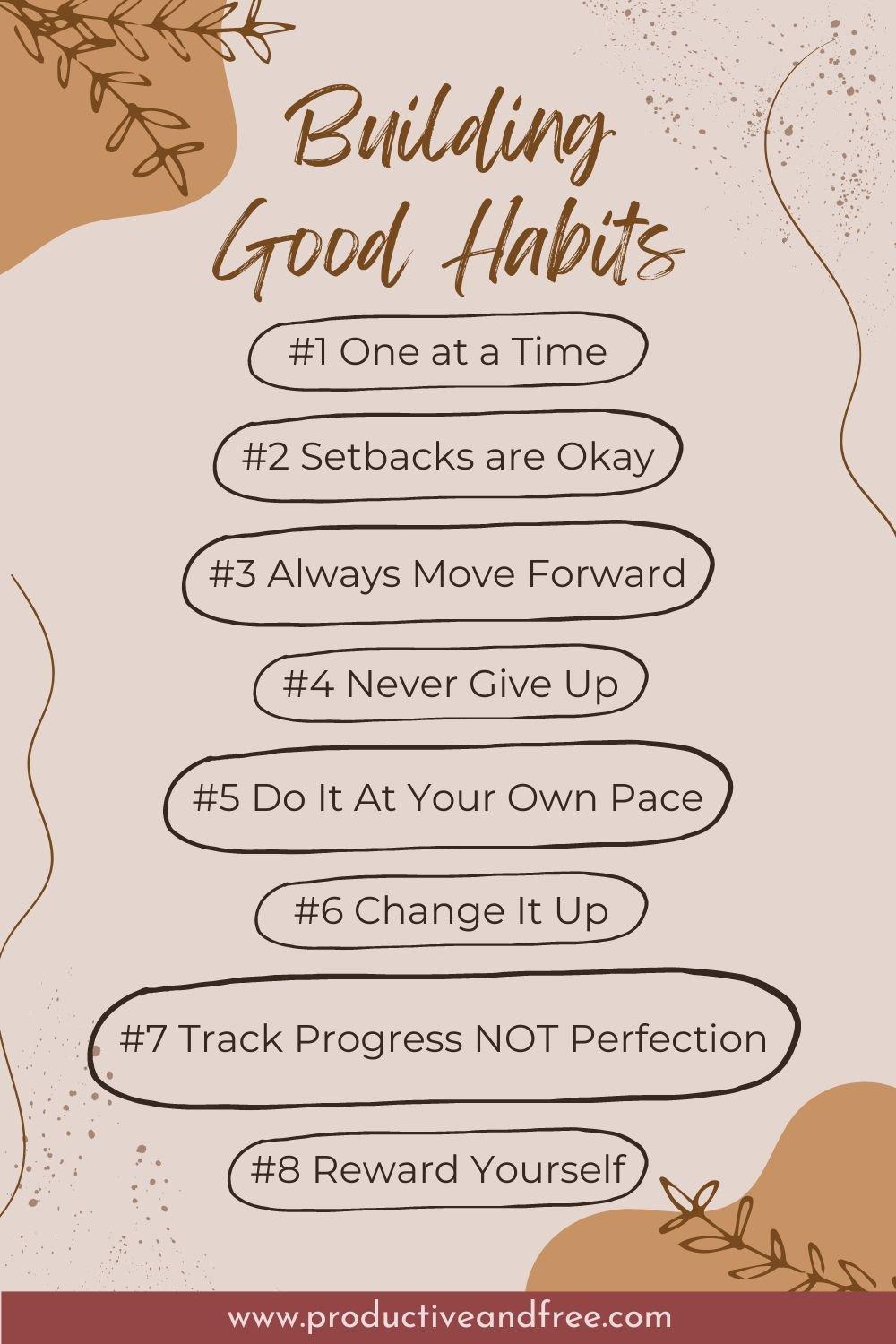In a world where distractions abound and time seems to slip through our fingers, cultivating a routine that nurtures our aspirations has never been more essential. Imagine waking up each day with a sense of purpose, guided by habits that propel you toward your goals. The secret lies not just in the initial spark of motivation, but in the careful architecture of your daily life. “Mastering Your Routine: Effective Tips for Habit Building” invites you on a journey to explore the art and science behind creating lasting habits. Whether you’re looking to enhance your productivity, prioritize wellness, or simply bring more structure to your day, this article will provide you with practical strategies to transform fleeting actions into steadfast routines. With a blend of insightful techniques and relatable anecdotes, you’ll find the inspiration needed to mold your life into a masterpiece of habit-driven success. Join us as we unlock the keys to mastering your routine and, ultimately, your potential.
Creating a Strong Foundation: Understanding the Psychology Behind Habits
To effectively cultivate habits, it’s essential to delve into the psychology behind them. Understanding how habits form can empower you to craft routines that stick. Habits emerge from a three-part loop: cue, routine, and reward. The cue is a trigger that initiates the habit, while the routine is the behavior itself, and the reward is the positive outcome that reinforces the behavior. By identifying your cues, whether they be environmental factors, emotional states, or specific times of day, you can manipulate your context to encourage desired habits and diminish unwanted ones.
Another crucial aspect is the role of consistency and patience in habit formation. Research suggests that it typically takes around 21 to 66 days for a new behavior to become a habit, but the variation can be vast depending on the individual and context. To ease this journey, consider employing strategies such as tracking progress, starting small, and creating an accountability system. These methods help solidify routine through incremental achievements and external motivations.
| Cue Type | Example |
|---|---|
| Time-Based | Morning wake-up |
| Environmental | View of a running shoe |
| Emotional | Feeling stressed |
| Social | Friends going out for coffee |

Crafting Your Daily Blueprint: Structuring Routines for Success
To create a routine that drives you toward success, start by defining your non-negotiables. These are the key activities that align with your goals and values. Consider incorporating morning rituals to set the tone for the day. Here are a few examples:
- Mindfulness Meditation: Spend 5-10 minutes in silence to center your thoughts.
- Physical Activity: Engage in a quick workout or stretching session to energize your body.
- Goal Setting: Review your goals and create a plan to tackle them throughout the day.
Additionally, tracking your progress is crucial for habit-forming. Utilize tools like habit trackers or journals that allow you to visualize your achievements. A simple table can effectively display your daily or weekly progress:
| Day | Goal | Status |
|---|---|---|
| Monday | 30 minutes of reading | ✅ Completed |
| Tuesday | Workout session | ✅ Completed |
| Wednesday | Write in journal | ❌ Not Completed |

Staying on Track: Tools and Techniques for Habit Reinforcement
In the journey of habit formation, consistency is key. One effective tool is the use of a habit tracker; it can be as simple as a calendar where you mark each day you successfully complete your habit. This visual representation not only provides an immediate sense of accomplishment but also encourages you to maintain momentum. Consider integrating a digital app with reminders and alerts to stay engaged throughout the day. An alternative method is the two-minute rule; if a new habit takes less than two minutes to complete, do it immediately. This technique helps to eliminate inertia and gradually builds a routine without overwhelming yourself.
Another powerful technique for reinforcing habits is implementation intentions. This involves setting clear and specific plans for when and where you will carry out your new habits. For example, rather than stating, “I will exercise,” you could say, “I will go for a 20-minute walk at 7 AM every morning.” Furthermore, accountability can be a game changer—share your goals with friends or join a community that shares your interests. The following table outlines effective strategies to reinforce habits:
| Strategy | Description |
|---|---|
| Habit Tracker | Use a calendar or app to track daily habit completion. |
| Two-Minute Rule | Complete new habits that take less than two minutes immediately. |
| Implementation Intentions | Set specific plans for when and where you will perform habits. |
| Accountability | Share your goals with others to foster commitment. |

Navigating Setbacks: Strategies for Maintaining Momentum and Flexibility
Setbacks are an inevitable part of any journey toward habit formation. They can occur due to unforeseen circumstances, lack of motivation, or even burnout. To navigate these challenges effectively, it’s essential to adopt strategies that prioritize both flexibility and tenacity. Consider implementing the following approaches to keep your momentum alive:
- Reframe Your Mindset: Instead of viewing setbacks as failures, treat them as opportunities for growth. Embrace a learning attitude that allows you to analyze what went wrong and how to adjust your actions moving forward.
- Break Down Goals: Large goals can be overwhelming. Split them into smaller, manageable tasks that you can achieve daily or weekly. This way, every small win adds to your motivation.
- Establish a Support System: Surround yourself with a network of friends, family, or communities that encourage and support you during tough times. They can provide accountability and motivation when your willpower wanes.
Maintaining flexibility in your routine can also make a significant difference during challenging times. Being too rigid in your approach can lead to frustration, while adaptability allows you to stay on track in a way that accommodates the ebbs and flows of life. Here are some ways to enhance your flexibility:
- Adjust Your Schedule: If you miss a workout or a study session, don’t be afraid to reschedule it. A dynamic plan is more effective than a strict one.
- Practice Self-Compassion: Acknowledge that everyone experiences setbacks and grant yourself the grace to have an off day without spiraling into guilt.
- Monitor Your Progress: Keep track of your habits and see where adjustments are needed. Analytics can provide insights into your routine’s effectiveness and highlight areas for improvement.
| Strategy | Description |
|---|---|
| Growth Mindset | Viewing setbacks as learning opportunities. |
| Task Breakdown | Dividing goals into smaller, achievable tasks. |
| Support System | Engaging with a community for accountability. |
| Flexible Scheduling | Adapting your plan as circumstances change. |
To Conclude
As we draw the curtains on our exploration of habit building, remember that mastery of your routine is not a sprint but a marathon. Each small step you take is a brushstroke on the canvas of your daily life, contributing to a more vibrant and fulfilling masterpiece. Embrace the process with patience and perseverance, and be gentle with yourself during setbacks. Building habits is a journey shaped by trial, error, and resilience. Armed with the tips and strategies we’ve discussed, you are now better equipped to forge paths that align with your goals and aspirations. So, step boldly into your days—each moment offers a new opportunity to cultivate the life you envision. The art of mastery lies not in perfection, but in the commitment to grow and evolve. Happy habit building!



